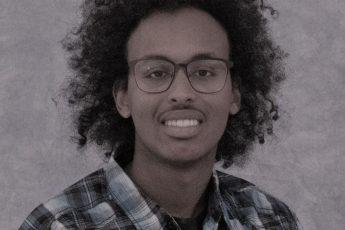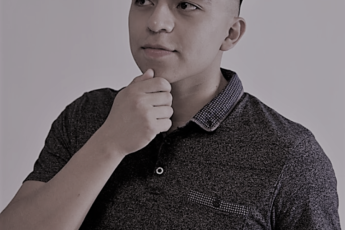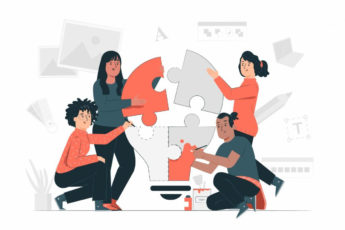 By Mariane St. Juste, Senior, Williams College
By Mariane St. Juste, Senior, Williams College
As I reflect on my first three years at Williams College, I often found the trips to the career center to be quite daunting. Even after building up the courage to set up the meetings, I remained unsure of what the right questions were to ask and was hesitant to ask for help, while simultaneously dealing with imposter syndrome and trying to adjust to college. Colleges and universities are accepting first-generation college students at increasing rates, however, they often lack the adequate resources to support the students once they arrive, especially in regards to career preparation.
First-gen college students experience unique challenges such as familial obligations, difficulties adjusting to the college environment, and lack of self-esteem. These factors cannot be overlooked when analyzing how first-gen students interact with career services offered at their schools. In my experience, I’ve greatly benefitted from relationships with faculty, staff, and alumni who were also first-gen. Career services should consider connecting students with first-gen alumni and hiring first-gen staff to work in the department. Also, first-gen students often have questions and challenges that are different from their continuing-gen peers; knowing this, career centers should host workshops and sessions specifically for first-gen students.
Despite these setbacks, first-gen students continue to find ways to gain hands-on experience in different fields. In order to get a better understanding of the resources that FirstGen Ahead students have been using, I interviewed two members of the second FGA cohort. One student landed a spring internship while the other obtained a research assistant position through informational interviews that were not expected to lead to these hands-on opportunities but evolved from that initial connection. During my interview with the students, they offered insightful information that is beneficial to anyone preparing for informational interviews. In addition to utilizing resources available on campus (career services), three pieces of advice that the students shared based on their experiences are:
- Be yourself and don’t be afraid to highlight your accomplishments and things that you are good at. Confidence is extremely important when going into an interview.
- Remember to ask if the person you are speaking with can connect you with others in their network who would be helpful resources for you.
- Your soft skills are equally, if not more important than your technical skills, so do not be afraid to show your personality during the meetings.
While there are wonderful resources on campus that need to be more accessible and taken advantage of, there is also great value in self-initiation with conducting informational interviews that can lead to future opportunities. Despite the difficulties that first-gen students experience when navigating career services at their institutions, these two FGA students are examples of how they have been able to expand and lean on their networks to secure hands-on opportunities.












